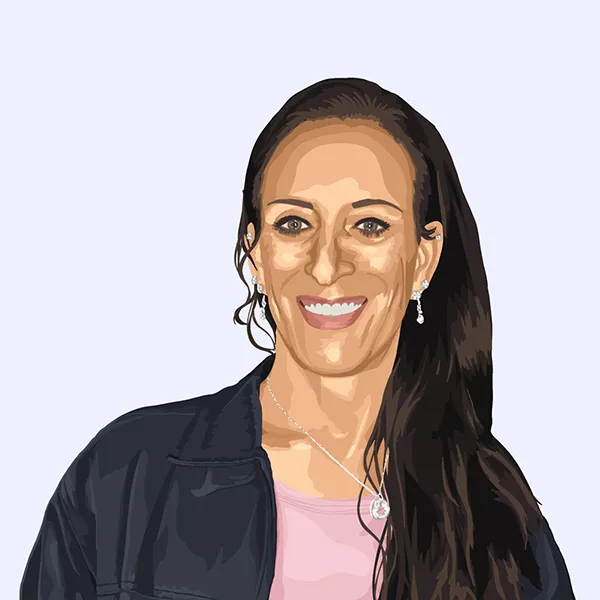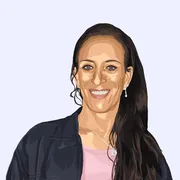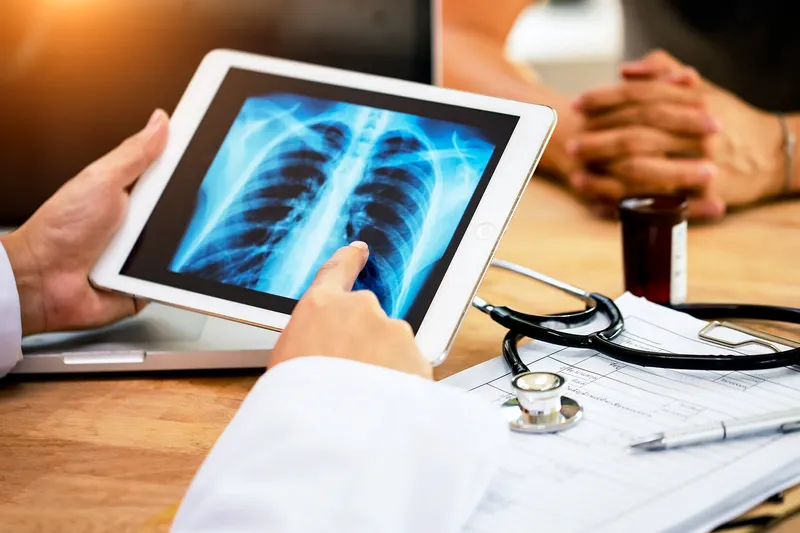
Living with COPD can be challenging at times. It's a chronic condition that can take a toll on the body. As it progresses, your lungs can become less and less functional, you become tired more easily, and you're not able to do as much as you used to.
Yes, COPD is a life-changing condition all by itself, but rarely do we live single-issue lives. There are many people who live with multiple conditions, and most of the time these conditions have little to no effect on each other. But sometimes they can interact or interfere with each other.
I live with COPD, HIV, anxiety, and depression -- plus a touch of OCD and ADHD. Yeah, I take a few pills every day. The pills have never bothered me though. I was taking vitamins every day before I was diagnosed with any of this. If that didn't bother me, why should a few more pills?
But when you live with comorbidities (multiple health issues), it becomes much more important to talk to your doctor and make sure they know exactly what all you're taking. Don't try to diagnose and treat yourself -- sometimes medications can turn on you when you mix them with the wrong things, be they other meds or even certain foods or drinks.
Always take your medications as prescribed. This is why doctors want to know everything you're taking. And remember to be honest with your doctor (even if you can't be with anyone else). Even if you're taking recreational drugs or drinking a lot of alcohol, still be honest. They're not there to judge, they're there for your health. If you don't trust your doctor enough to be honest, then find another one. There's nothing more valuable for your health than a good relationship with your doctor.
You also have to let them know when something's not working for you. I know I had to change my depression meds many times before I found the regimen that worked for me. But because I have other issues as well, those issues always have to be taken into account. There are some meds I can take and some I can't because they can interfere with my other meds or conditions.
Sometimes comorbidities are something new, something to watch out for over the horizon. Having COPD and HIV means that I have to take the possibilities of certain illnesses very seriously. I get a flu shot every year. I call my doctor if I catch a cold because sometimes I may need a stronger medication than what I can buy at the store, like an antibiotic. I don't play with a compromised immune system and less than fully functional lungs.
And then COVID-19 came along. I sure didn't want none of that, so you best believe I wore my mask and sometimes even doubled up. I couldn't get my vaccine fast enough. Of course, I first made sure that it wouldn't interact with my meds. As an advocate, I could listen to the world's leading experts on COVID-19 and HIV at the Conference of Retroviruses and Opportunistic Infections, so I knew it was safe.
I know most of the public doesn't get that opportunity to listen and talk with the world's leading experts, but your doctor does. Your doctor spends a lot of time reading the research and talking with other doctors to stay on top of your health, to know the best treatments and alternatives, what works and what doesn't, what's going around, and what the possibilities are.
Living with comorbidities doesn't have to be a struggle. Honestly, your doctor does most of the work; you just need to be an active partner in your health care. Have a good relationship with your doctor, ask questions, and always be honest (it could save your life). Keep a list of all your meds to be able to show your doctor, and stay aware of what's going around and how you can protect yourself. Living with multiple health issues doesn't mean your life is over, you've still got a lot of life to live, and a good partnership with your doctor can make that life longer and more enjoyable.
Photo Credit: NickyLloyd via Getty Images
Important:The opinions expressed in WebMD Blogs are solely those of the User, who may or may not have medical or scientific training. These opinions do not represent the opinions of WebMD. Blogs are not reviewed by a WebMD physician or any member of the WebMD editorial staff for accuracy, balance, objectivity, or any other reason except for compliance with our Terms and Conditions. Some of these opinions may contain information about treatments or uses of drug products that have not been approved by the U.S. Food and Drug Administration. WebMD does not endorse any specific product, service or treatment.
Do not consider WebMD Blogs as medical advice. Never delay or disregard seeking professional medical advice from your doctor or other qualified healthcare provider because of something you have read on WebMD. You should always speak with your doctor before you start, stop, or change any prescribed part of your care plan or treatment. WebMD understands that reading individual, real-life experiences can be a helpful resource, but it is never a substitute for professional medical advice, diagnosis, or treatment from a qualified health care provider. If you think you may have a medical emergency, call your doctor or dial 911 immediately.






